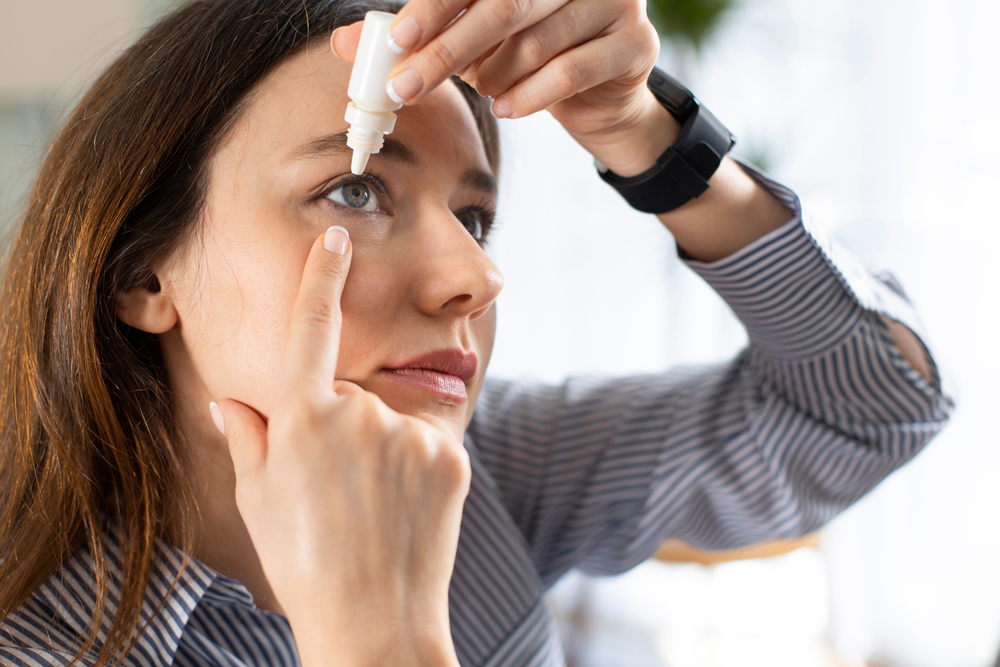6 Facts About Dry Eye Syndrome You Should Know
April 24th, 2024
Chronic dry eyes are uncomfortable and irritating, and they can also cause vision problems. Although most people will experience dry eye at some point in their lives due to various factors, some people experience more severe and chronic dry eye that requires the assistance of a specialist.
Keep reading to learn six facts about dry eye syndrome you should know!
Symptoms Can Vary
Dry eye symptoms aren’t always a straightforward feeling of dryness. You may notice a variety of physical signs, including:
- Gritty feeling in my eyes
- Burning or stinging
- Itching and soreness
- Excess tearing and watery eyes
- Redness or swelling of eyelids
Dry Eyes Affect Vision
Dry eyes can also affect how well you can see. You might notice changes to your vision, including
- Intermittent blurry vision
- Excessive eye fatigue
- Light sensitivity and trouble driving
There are Multiple Causes of Dry Eyes
Dry eyes usually occur due to a problem with the tear film. The tear film is made of multiple layers: lipids, oils and water.
It coats the surface of your eyes to help maintain lubrication of the cornea. If your tear glands don’t produce enough tears, the cornea may not be adequately lubricated.
Additionally, if your tear film doesn’t have the right balance of fluids, the tears may evaporate too quickly, leaving the eye dry.
You May Have Risk Factors for Dry Eyes
Some people are more prone to dry eyes. Risk factors for developing dry eye disease include:
Age
Eyes may not produce tears as efficiently when you get older.
Gender
Women are more susceptible to dry eyes than men. Hormonal changes related to pregnancy, birth control pills, or menopause can contribute to dry eyes.
Diet
Not eating sufficient vitamin A or omega-3 fatty acids can increase symptoms of dry eyes.
Medical History
Contact lens use or refractive surgery can increase the risk of dry eyes.
You Can Treat Symptoms of Dry Eye Disease
You may be able to manage symptoms with over-the-counter products and lifestyle changes, such as:
- Using lubricating eye drops
- Don’t sit near fans or air vents that blow into your eyes
- Run a humidifier at home or work
- Take frequent breaks during screen time
- Adjust your computer screen so it’s below eye level.
In some cases, lifestyle changes and over the counter treatments may not be enough to significantly reduce dry eye symptoms. If this is the case for you, it’s best to visit your eye doctor at Laser Eye Center for an evaluation.
There are Prescription Treatments for Dry Eyes
Your eye doctor may prescribe eye drops to reduce inflammation of the eyelids or cornea. You may also benefit from medication to increase tear production.
In some cases, your eye doctor may suggest using small devices called punctal plugs to close the tear ducts and prevent the loss of tears.
Do you have questions about dry eyes and how dryness affects your eye health? Schedule an appointment at Laser Eye Center in Huntsville, AL, today!



